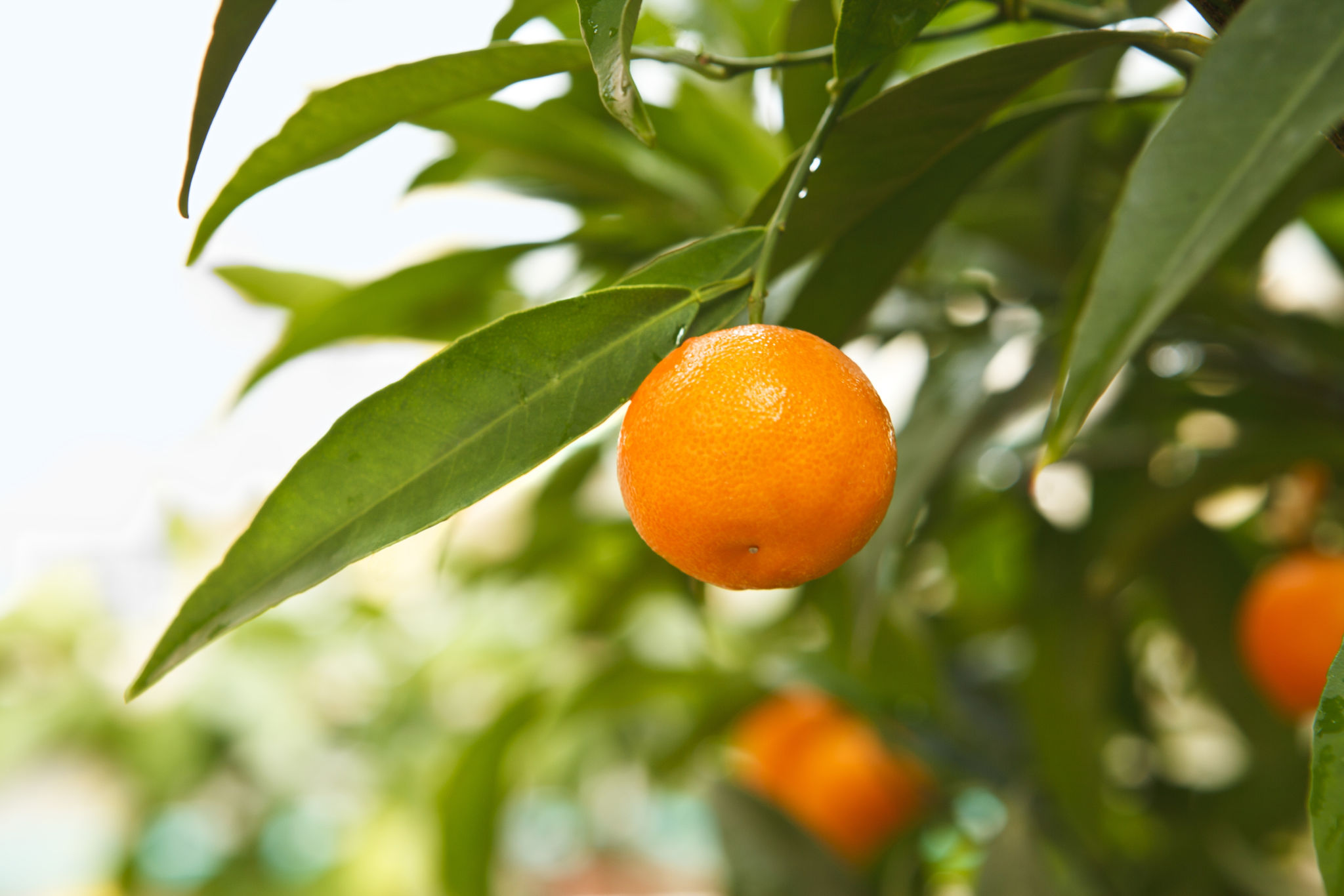Spring Planting Tips for Florida Farms: A Comprehensive Guide
Understanding Florida's Unique Climate
Florida's climate presents unique challenges and opportunities for farmers. With its subtropical to tropical climate, the state experiences mild winters and hot, humid summers. This environment allows for a longer growing season compared to many other regions. Understanding these climatic conditions is crucial for successful spring planting.
Spring in Florida can vary significantly from north to south. Northern parts may still experience cool nights in early spring, while southern areas are already warm. This variation necessitates careful planning and selection of appropriate crops for each region.

Selecting the Right Crops
Choosing the right crops is essential for a fruitful harvest. In Florida, spring is an excellent time to plant warm-season crops like tomatoes, peppers, and squash. These plants thrive in warmer temperatures and can be harvested before the intense summer heat.
Consider planting heat-tolerant varieties to ensure resilience during unexpected temperature spikes. Additionally, diversifying your crop selection can help mitigate risks associated with unpredictable weather patterns.

Soil Preparation and Fertility
Florida's sandy soils often require amendments to improve fertility and water retention. Start by testing your soil to determine its nutrient content and pH levels. Based on the results, you can add organic matter such as compost or well-rotted manure to enhance soil health.
Proper soil preparation also includes ensuring adequate drainage to prevent waterlogging, especially during Florida's rainy season. Creating raised beds or mounded rows can help manage water levels more effectively.
Irrigation Strategies
Effective irrigation is crucial in Florida's climate, where rainfall can be unpredictable. Drip irrigation systems are highly recommended as they deliver water directly to the plant roots, reducing evaporation and conserving water.

Timing is key when it comes to irrigation. Watering early in the morning or late in the afternoon minimizes evaporation and maximizes water usage efficiency. Monitor soil moisture regularly to adjust watering schedules accordingly.
Pest Management Solutions
The warm climate in Florida is ideal for a variety of pests, making pest management an essential aspect of spring planting. Implementing integrated pest management (IPM) strategies can help control pest populations effectively.
Consider using a combination of biological controls, such as introducing beneficial insects, along with mechanical barriers like row covers. Regular monitoring and early intervention are crucial to prevent infestations from escalating.

Timing Your Planting
Timing is everything when it comes to planting in Florida. Research the last expected frost date for your region and plan accordingly. In southern Florida, planting can often begin as early as February, while northern regions may need to wait until March or April.
Stagger planting dates for different crops to ensure a continuous harvest throughout the season. This approach not only maximizes yield but also spreads out labor and resource demands over time.
Crop Rotation Practices
Crop rotation is a vital practice for maintaining soil health and preventing disease buildup. Rotate crops by family every season to reduce pest and disease pressure. For example, avoid planting tomatoes in the same spot where they were grown last year.

This method also helps maintain soil fertility by varying nutrient demands from different plant families. Incorporating cover crops during off-seasons can further enrich the soil and prepare it for future planting cycles.
Embracing Sustainable Practices
Sustainability is becoming increasingly important in modern agriculture. Consider integrating sustainable practices such as conservation tillage, organic farming methods, and renewable energy sources into your farming operations.
These practices not only benefit the environment but can also improve farm productivity and resilience in the face of climate change challenges. By adopting sustainable methods, Florida farmers can secure a more prosperous future.